Each houseplant has its unique character, just like us humans. It is therefore important to take care of each of your favorites individually. Proper care of indoor plants is a prerequisite for healthy growth. After all, your plant should appear splendid. It is all the more important to support them in this. Be it the right lighting conditions, the watering behavior or even pests that can infest the plant, all of this is part of the care. That's why we would like to give you some important tips and tricks for caring for indoor plants.
Light: find the right place
Plants naturally need light to survive. Through the process of photosynthesis, they convert sunlight into energy with the help of the green leaf pigment, chlorophyll. In contrast to us humans or animals, they are photoautotrophs, i.e. they can generate energy themselves from light.
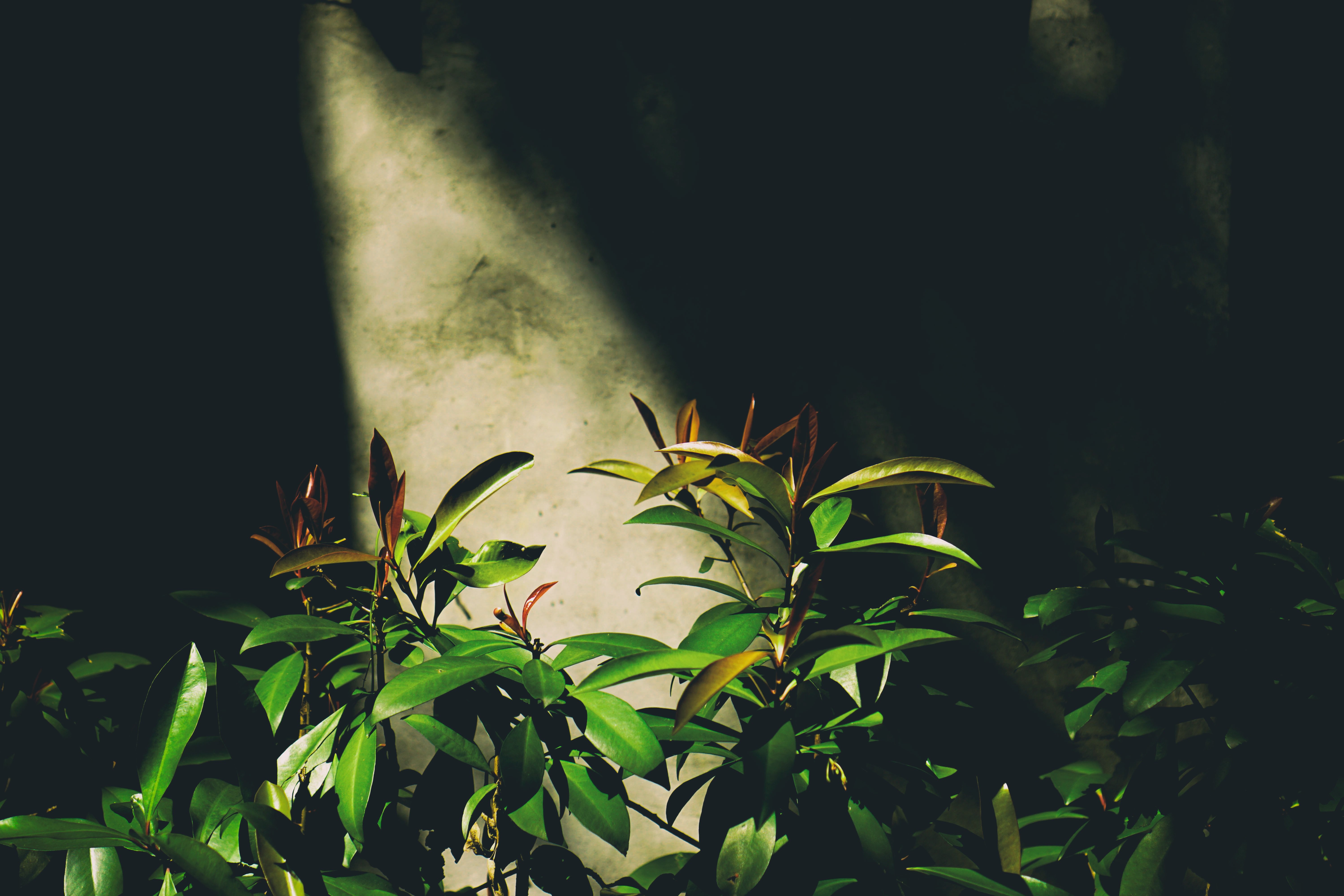
Light requirement
Even if every plant needs light for its photosynthesis, this does not mean that every indoor plant needs the same amount of sunlight. The need for light always depends on the natural location of the plant. There are plants that are in full sun, but also those that prefer to grow in the shade or partial shade. The leaf color also plays an important role. Variegated leaves, for example, do not have the green leaf pigment and accordingly cannot absorb as much sunlight to carry out photosynthesis. For this reason, they need more light to produce the energy they need.
Tip: In autumn and winter you may have to move your plant to a different location where the light conditions are more favourable. This ensures that the houseplant gets enough light even in the darker months.
Proper watering made easy
When caring for houseplants, the right watering should also be skillful. Just like light, your indoor plants also need sufficient water for healthy growth. Our article "Water houseplants correctly" will help you to adapt the water requirements to your plant. The water ensures that the nutrients flow through your plant's veins to the right place, so that the entire plant is nourished.
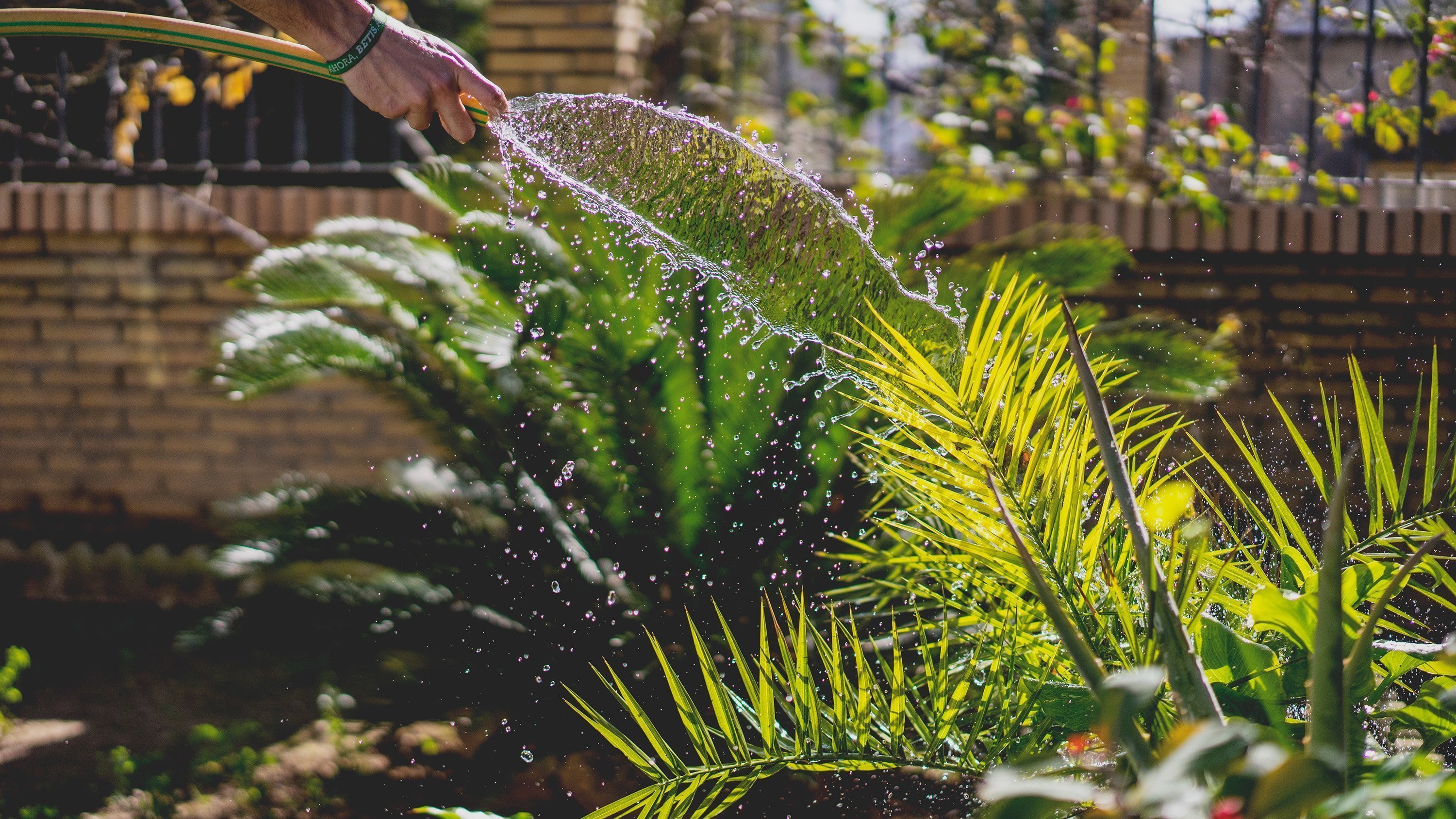
How much water does my plant need?
Whether your plant needs a lot or little water depends entirely on the species and its natural habits. As with the lighting conditions, the same applies here: Look at how the plant behaves in its natural location and how much water is available there.
Tip: The water requirement of the plant always depends on the current conditions in your apartment. In warm weather or in heated rooms, the plant evaporates more water through the soil and its leaves than in cool rooms. It is therefore important that you always take this into account.
Control plant pests
When caring for indoor plants, you should always pay attention to plant pests. If the care is not optimally tailored to your houseplant, then it is more susceptible to diseases and can no longer protect itself against them. It's always better if you take care of your plants in such a way that you don't have to fight those pesky plant pests in the first place. If this is the case, you can read in our article " Identifying plant pests" how you can best combat them with home remedies.
Frequent plant pests in your home
Most of the time, the same plant pests appear again and again with incorrect and insufficient care. In addition to aphids and scale insects, fungus gnats and spider mites are also very common on houseplants. Especially when there is dry heating air in the rooms in winter, the little animals feel really comfortable. Or even if the earth has too much water and already smells musty, then this also magically attracts pests such as fungus gnats.
Tip: Always make sure that the room temperature is balanced and when you buy a houseplant, always find out about the care of your future plant, such as watering and fertilizing.
Home remedies against plant pests
If you have noticed an infestation of pests on your plant, please do not immediately resort to chemical agents. These are usually very aggressive and also damage the plant itself. Simple household remedies such as washing-up liquid, vegetable oil, onion or nettle broth usually help. You can read more about how to use these home remedies in the article "Fighting plant pests".
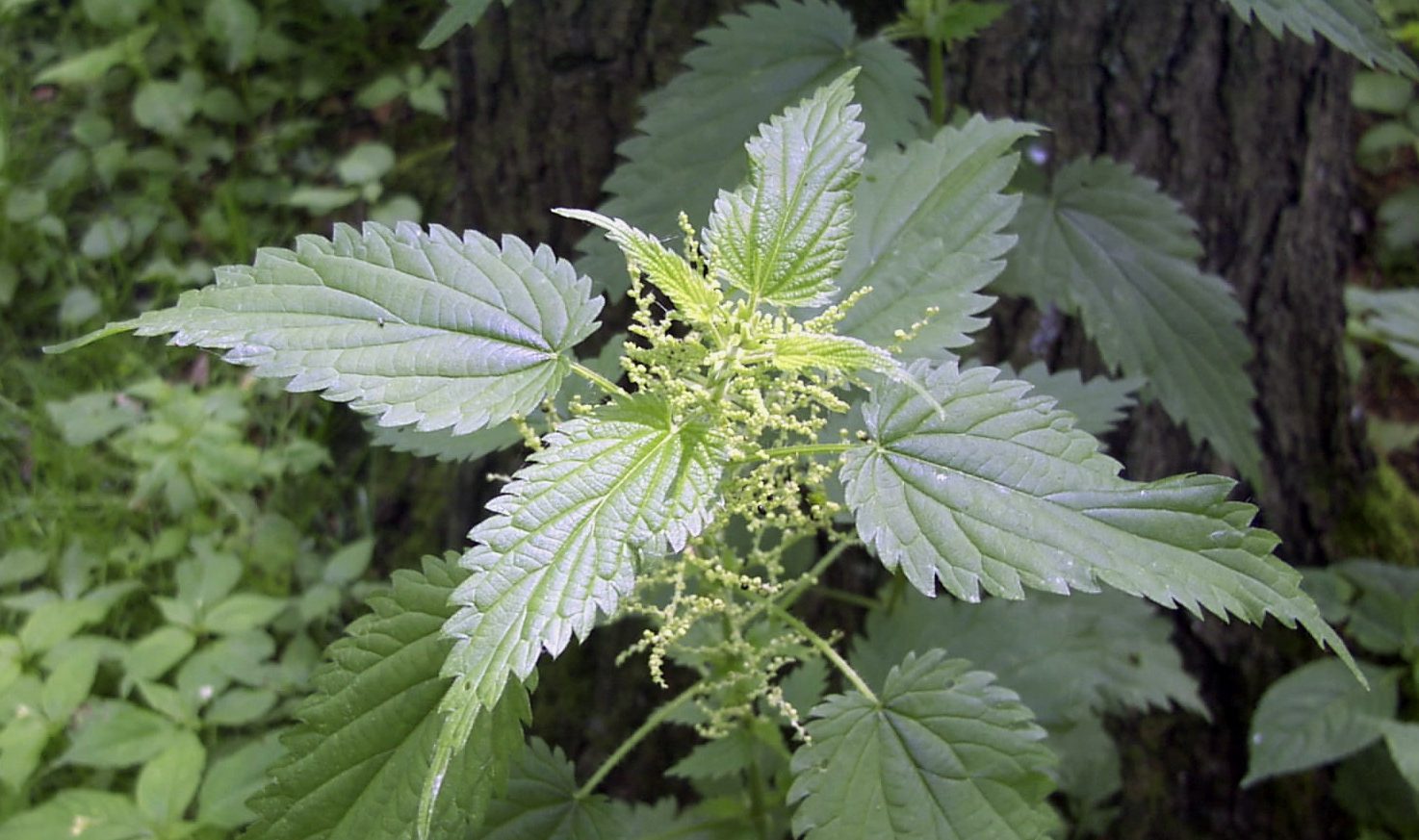
Dusting plants
Proper care of indoor plants also includes dusting them. It is particularly important because it is the only way for the leaf green (chlorophyll) in the leaves to optimally catch the sunlight again and convert it into energy. However, when the plant leaves are covered with dust, not enough sunlight reaches the leaf and the plant is less able to photosynthesize. In the worst case, this means that the plant is supplied with 35% less energy.
Tip: Whenever you wipe the bookshelf with a damp cloth, for example, go over the leaves of your plants for a moment. They will thank you!
We will find your personal plant for you!
Fine and good, you've now learned a lot about houseplants, but you still don't know exactly which houseplant you want to bring into your home? You are unsure whether the plant suits you or you don't know whether it is perhaps too demanding in terms of care? No problem! Here we step in. We have made it our mission to help you with the process of looking for houseplants. You can easily find out which plant(s) are made for you and your home with the help of the plant expert on our site. After all, the goal is to create a small green oasis in your home. And that's exactly what we want to tackle together with you!
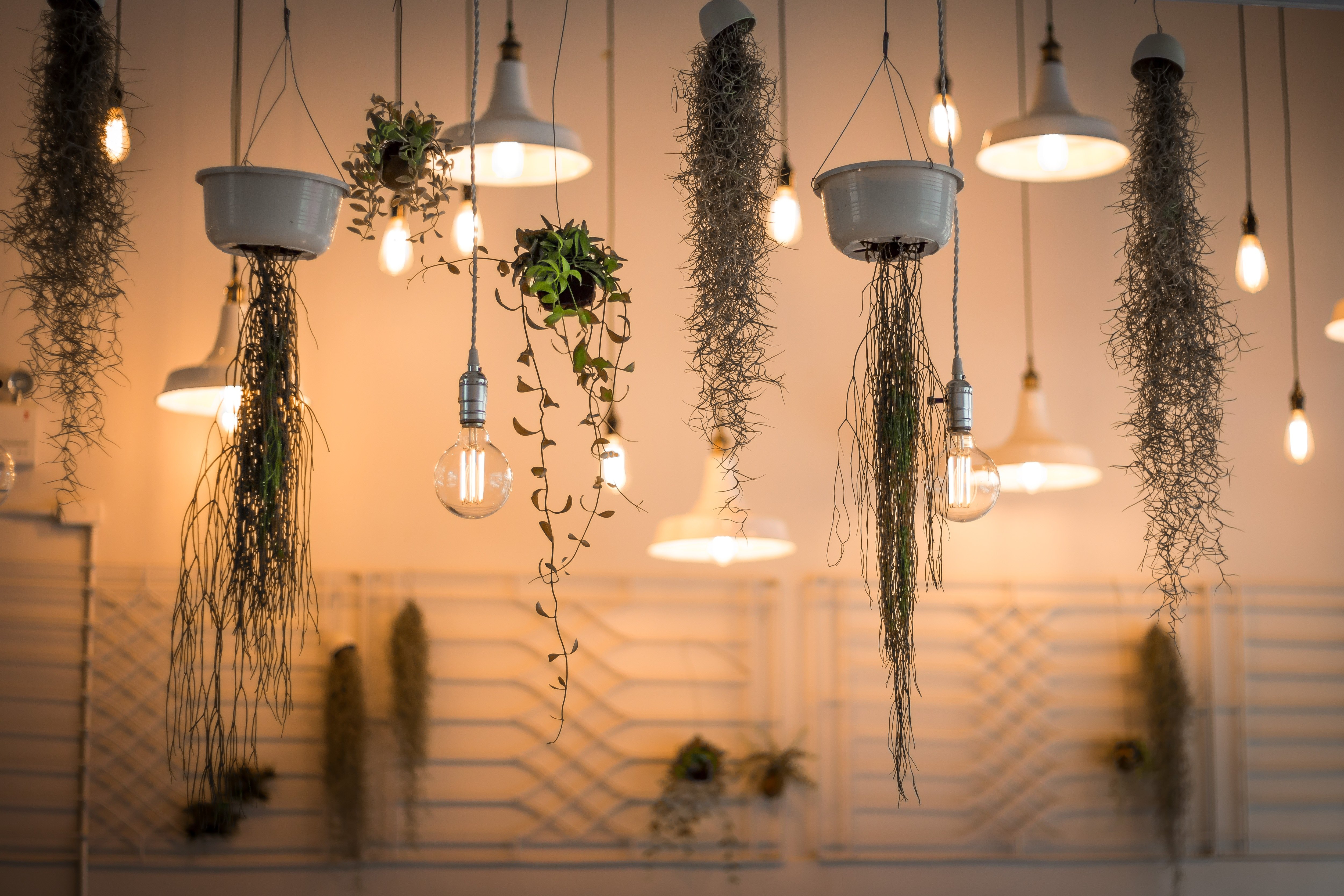
.
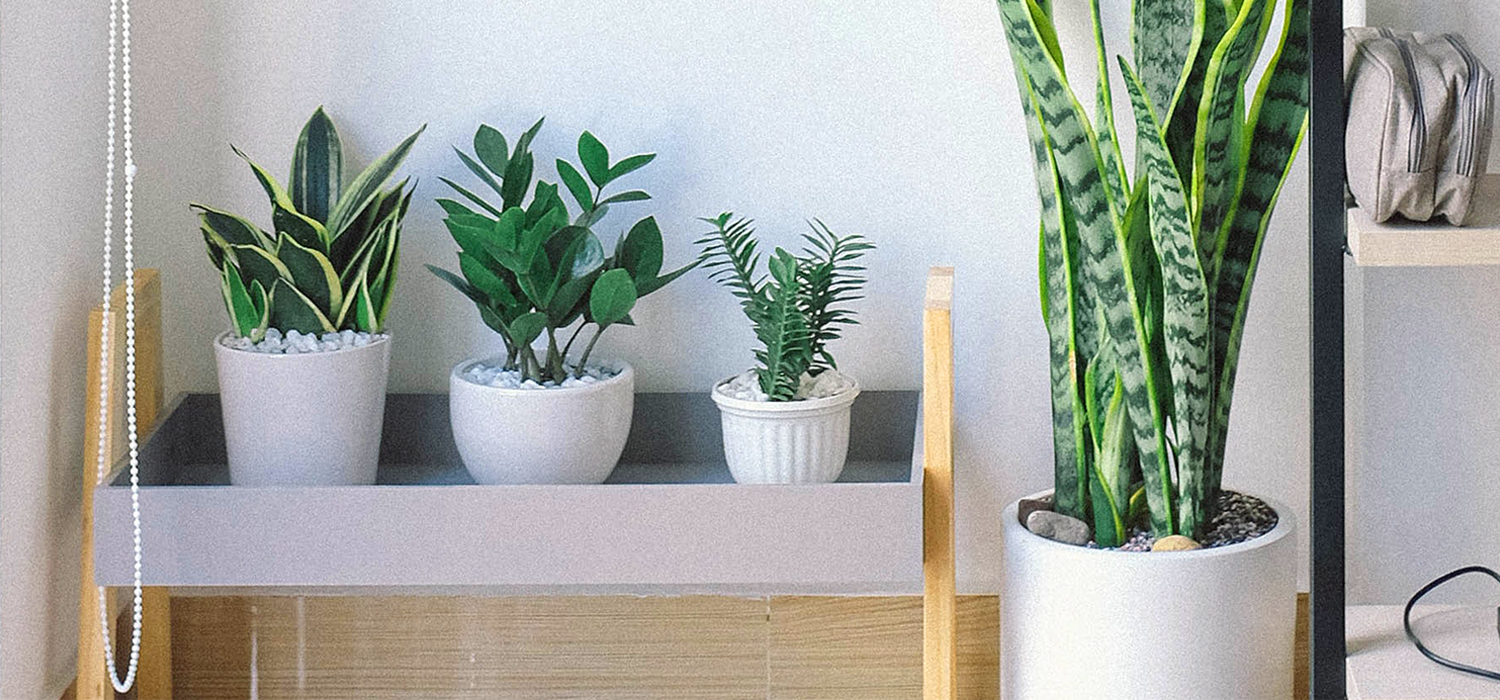
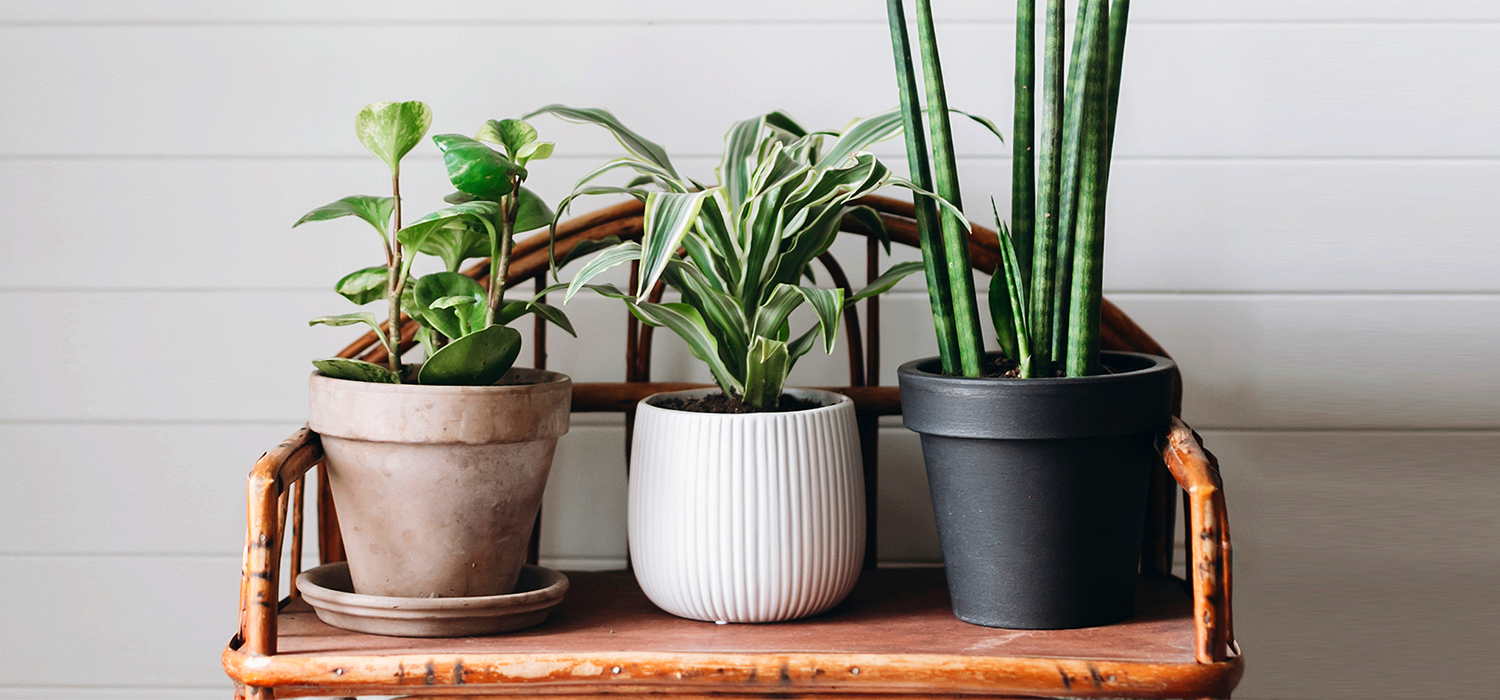
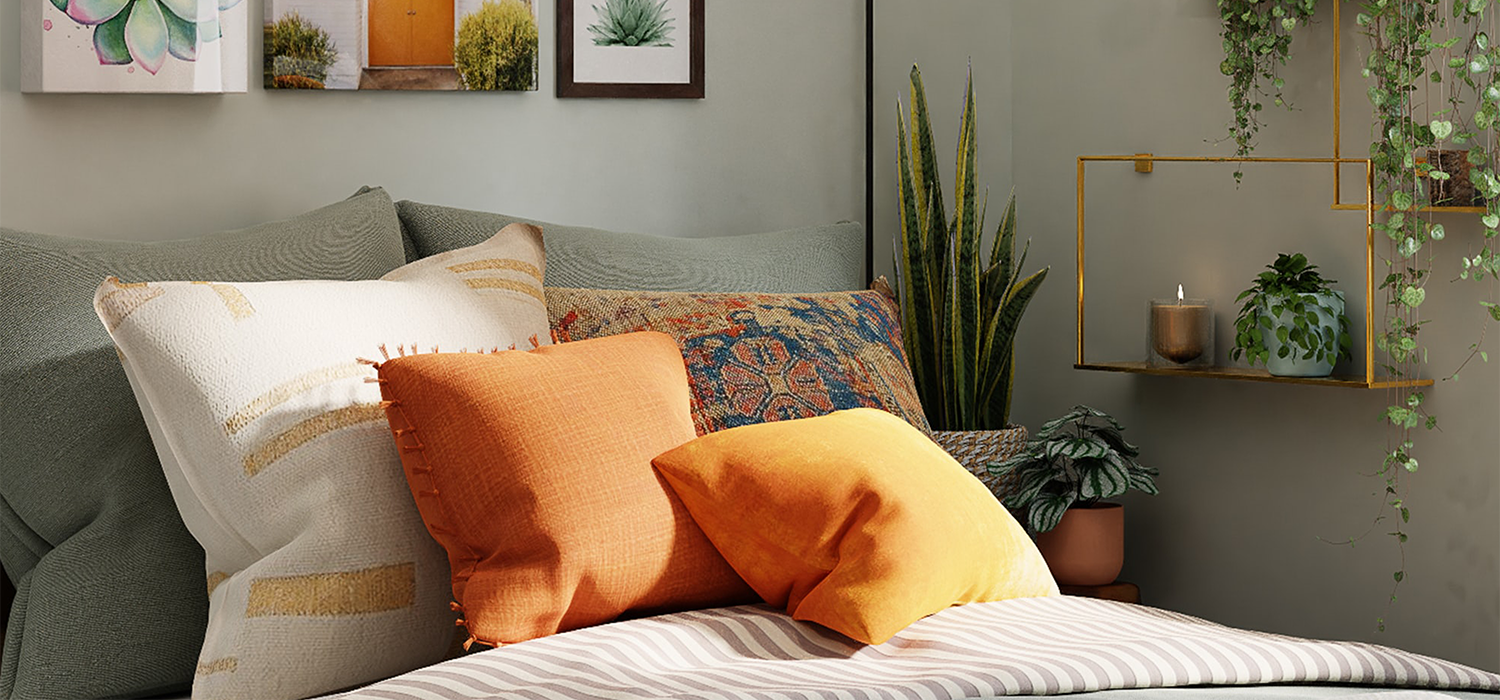
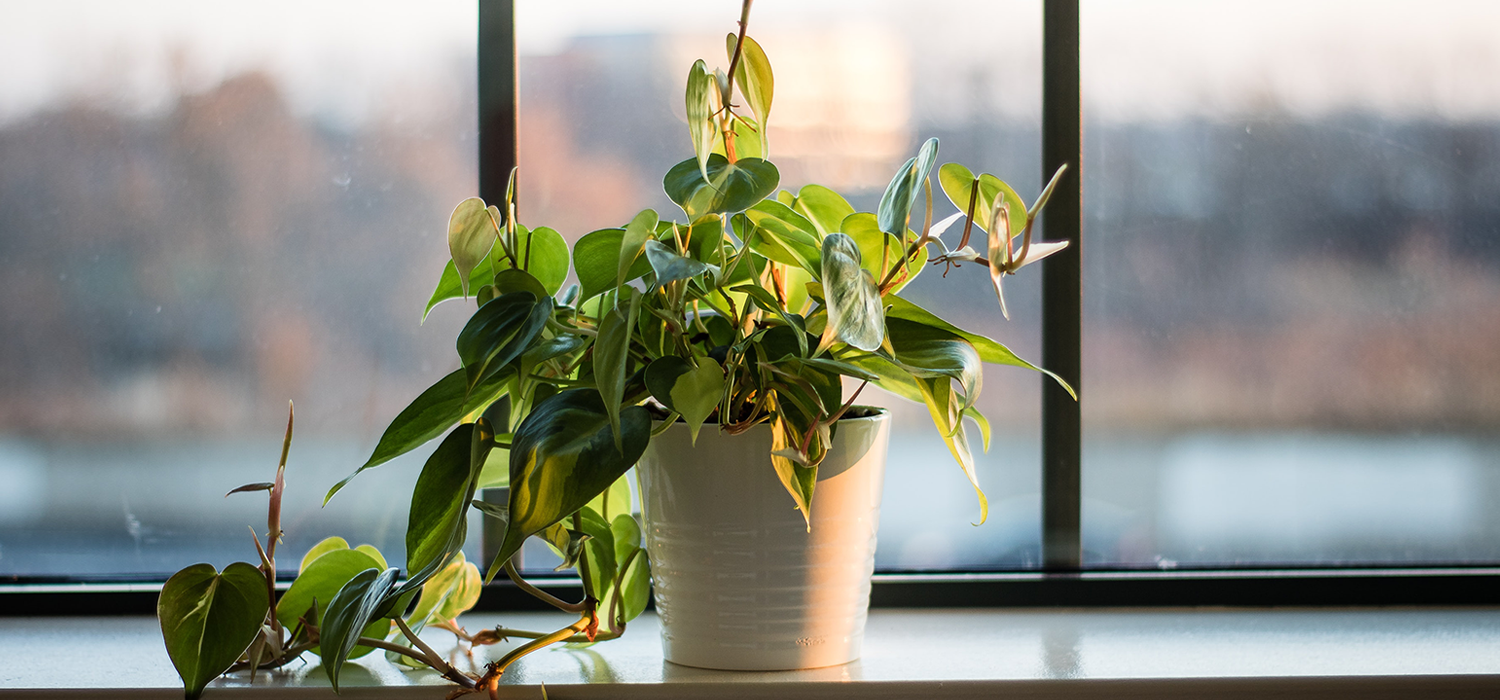
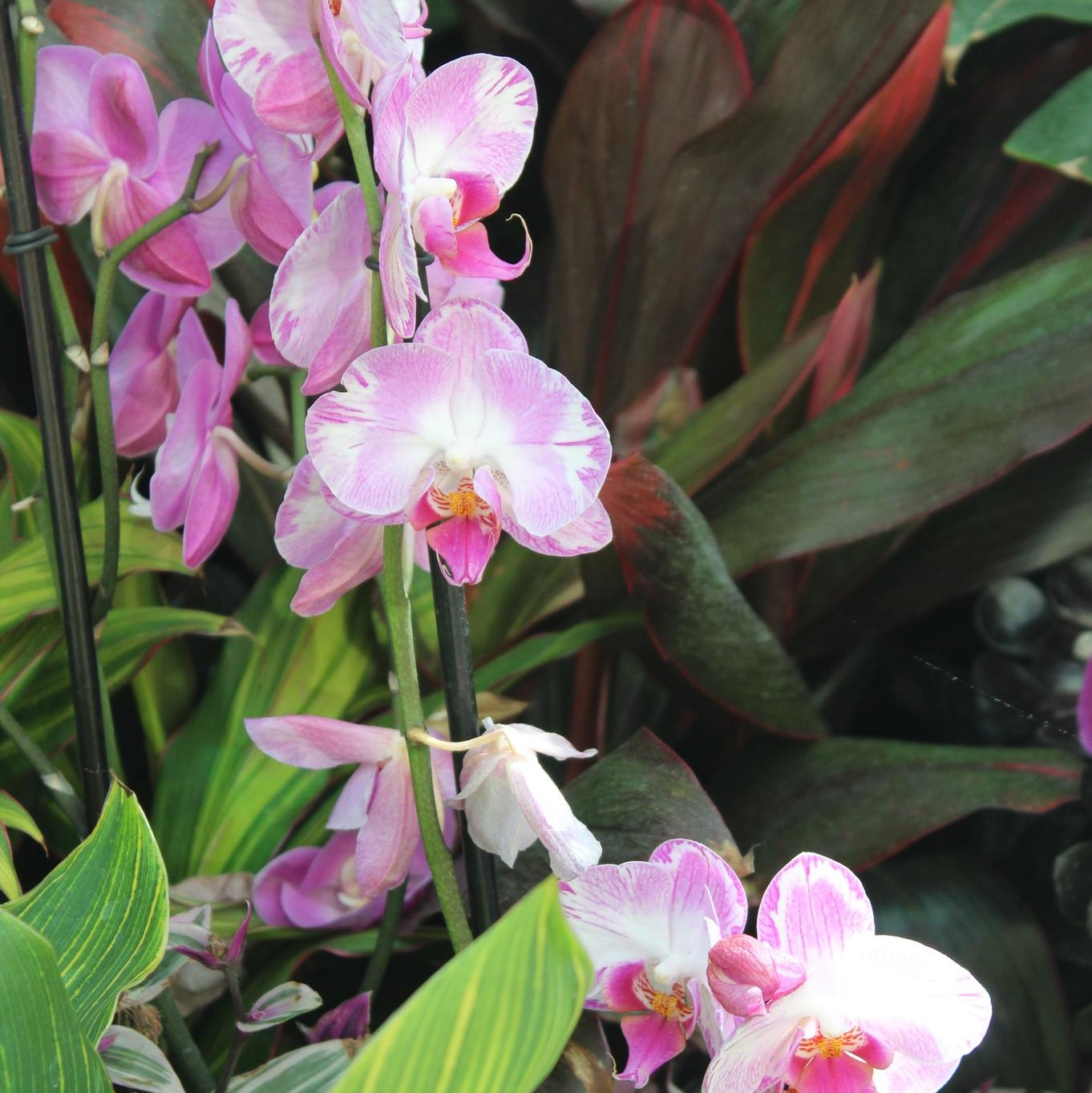
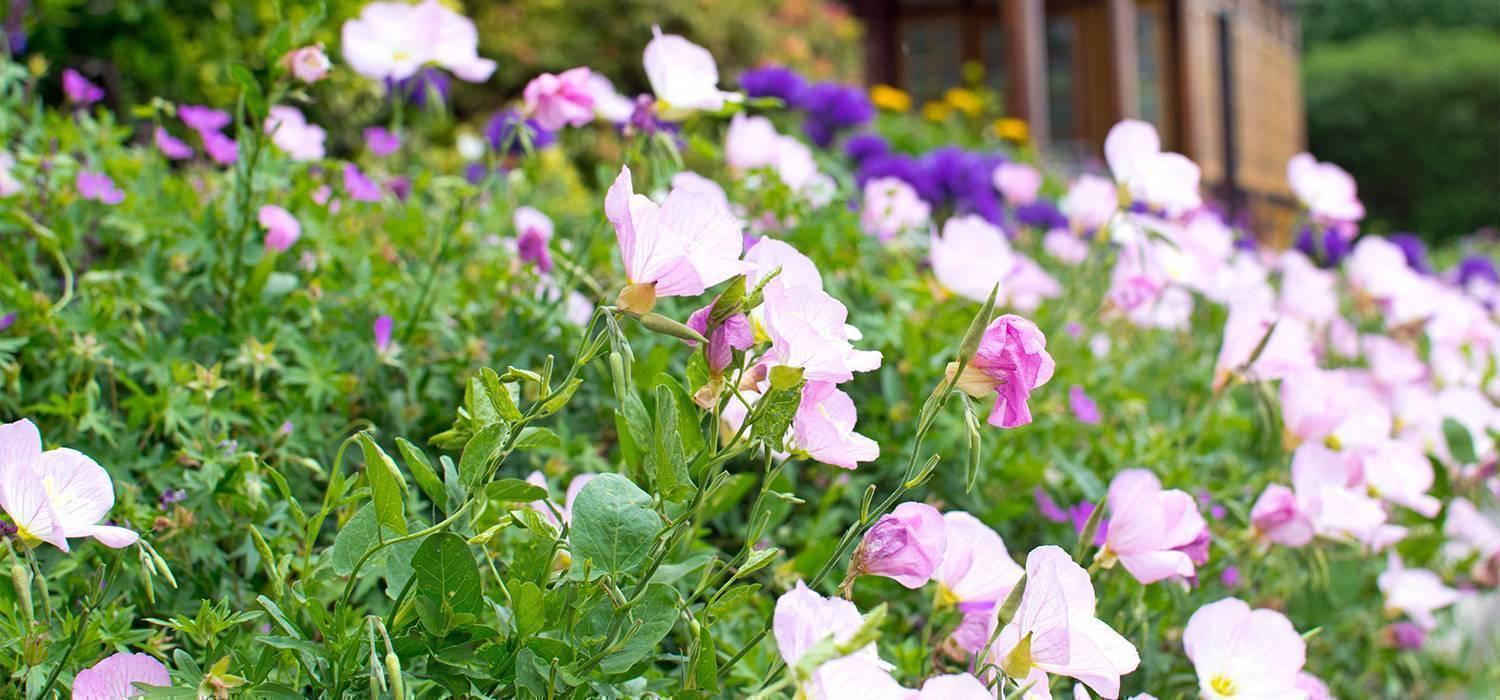
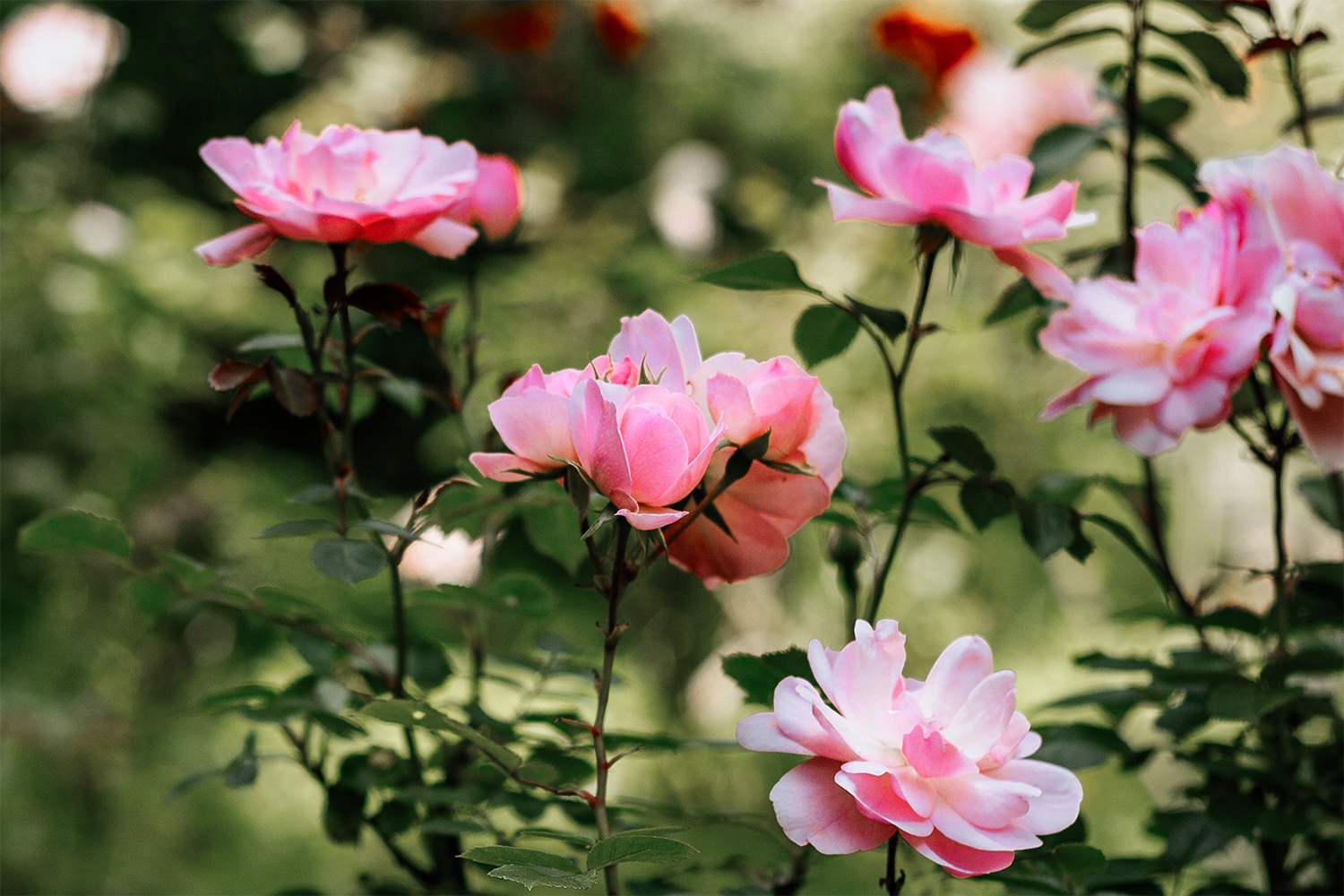
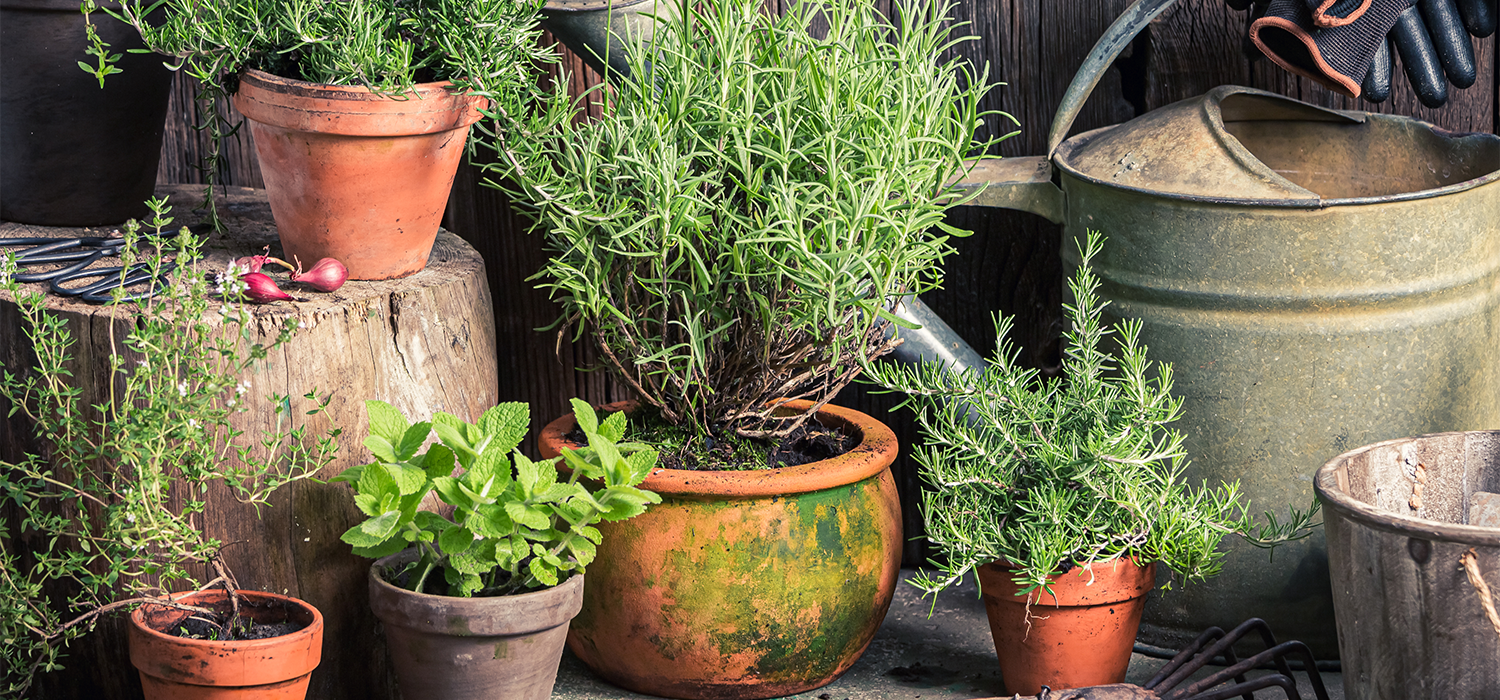
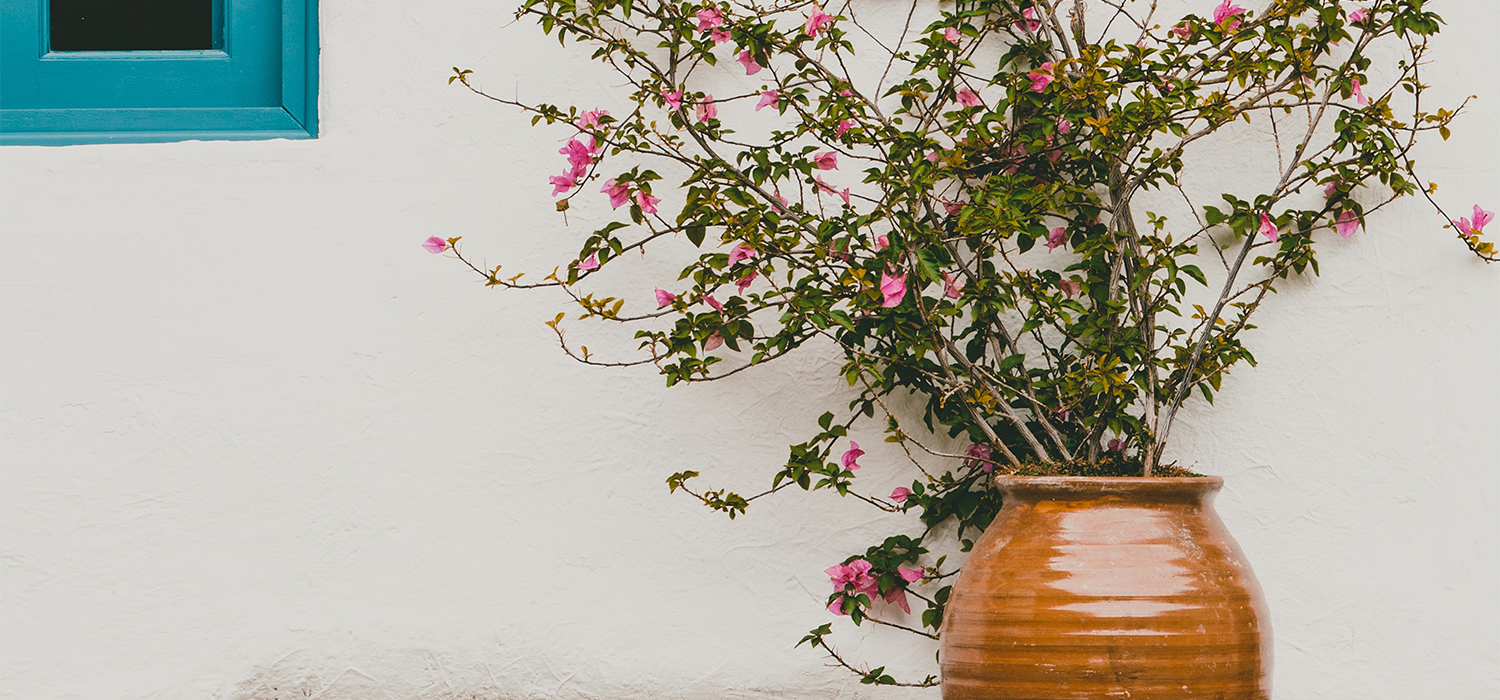

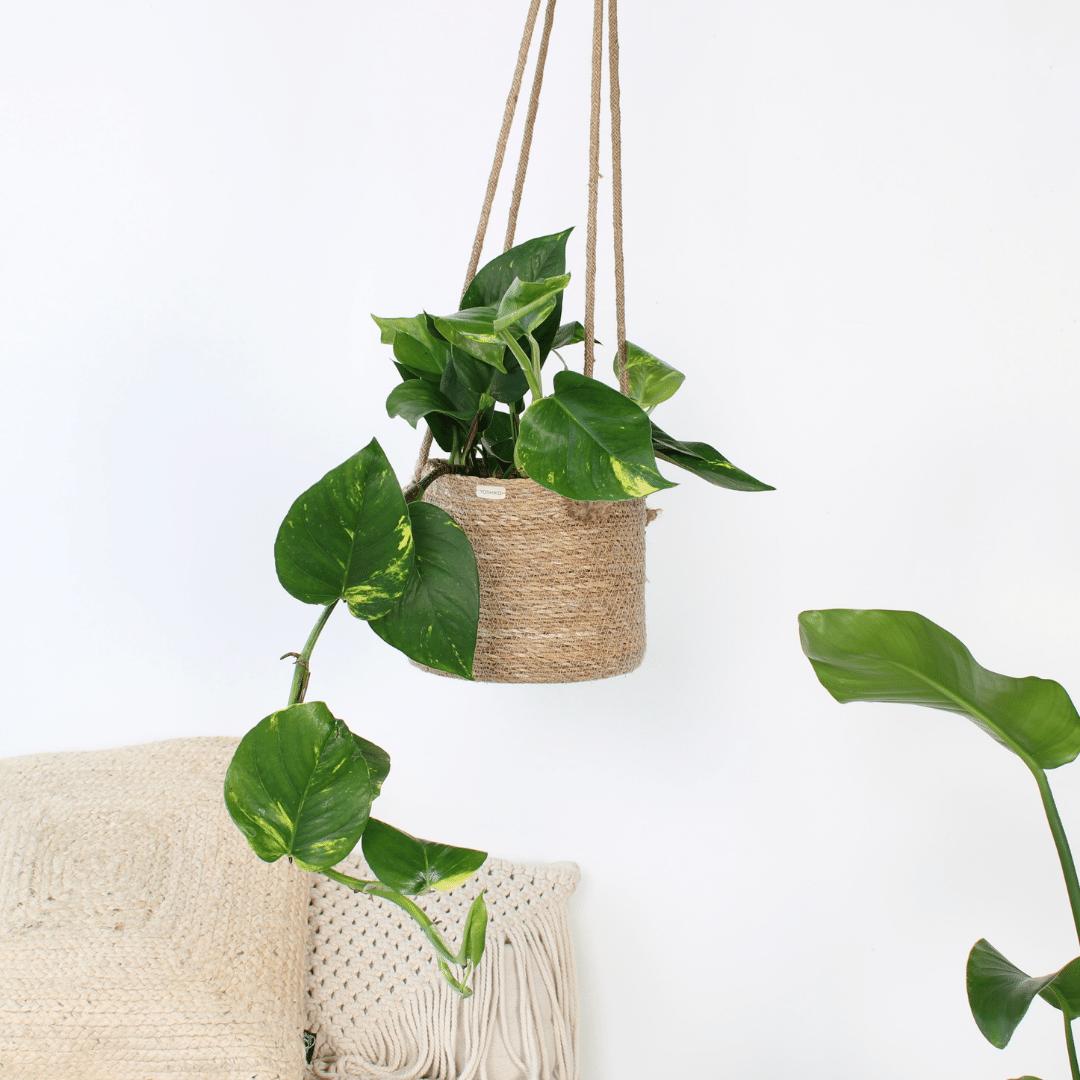
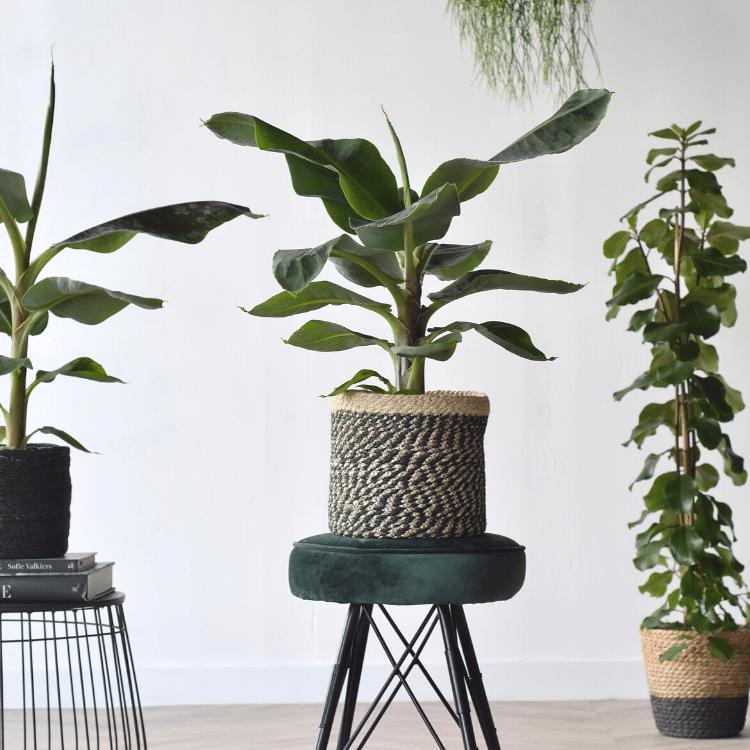
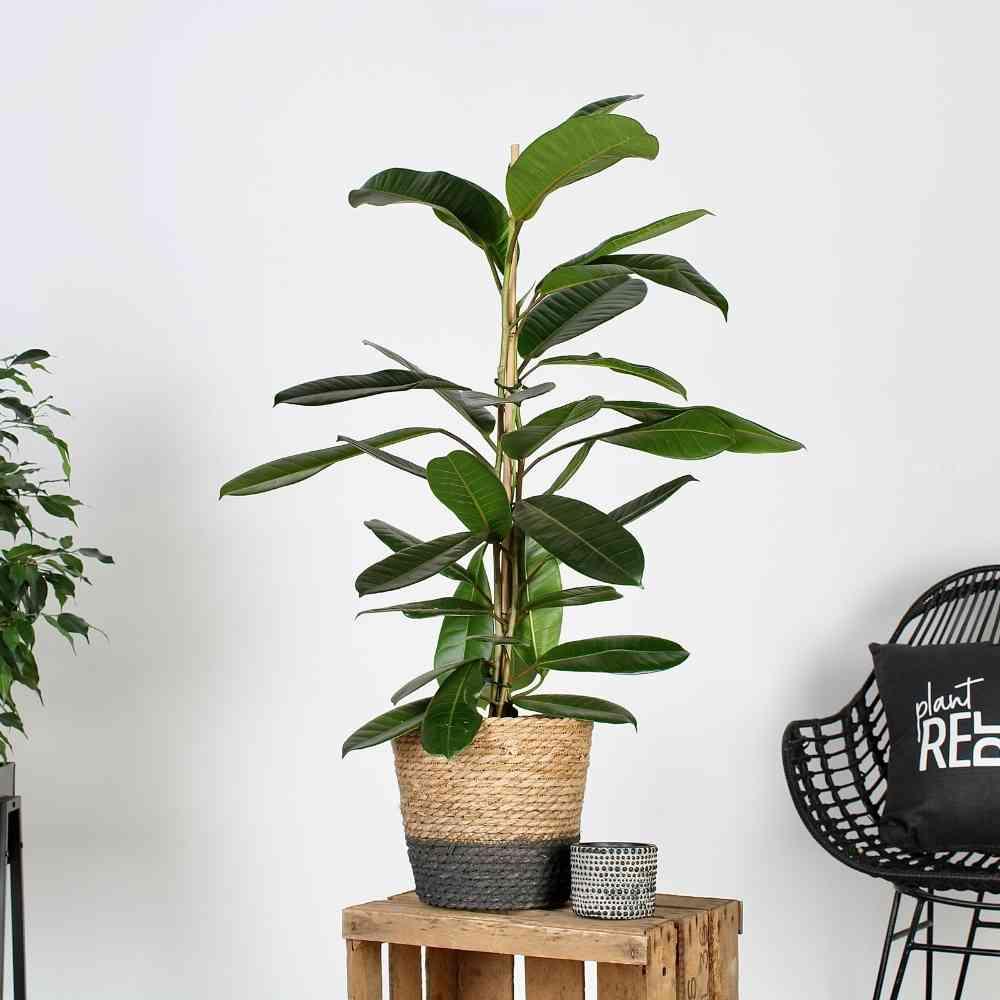
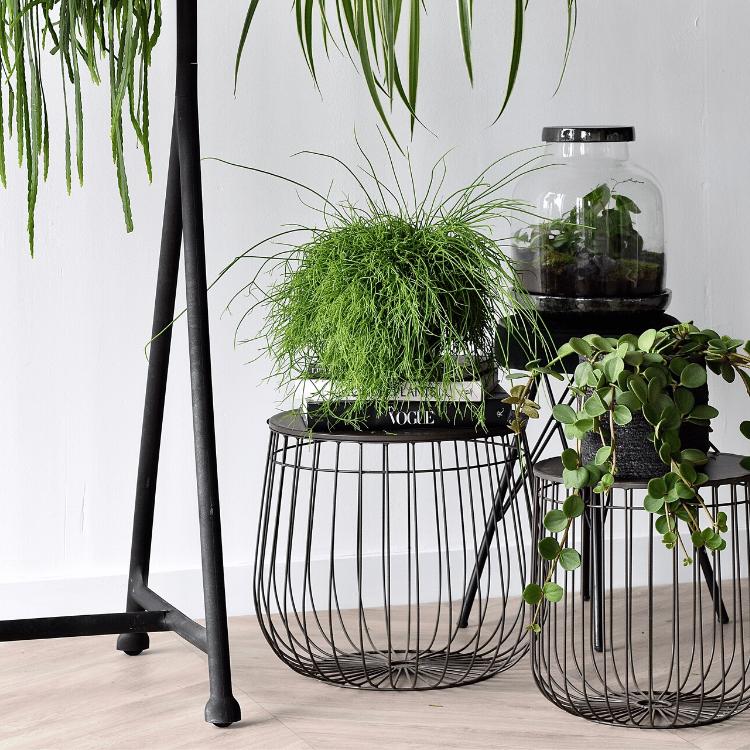
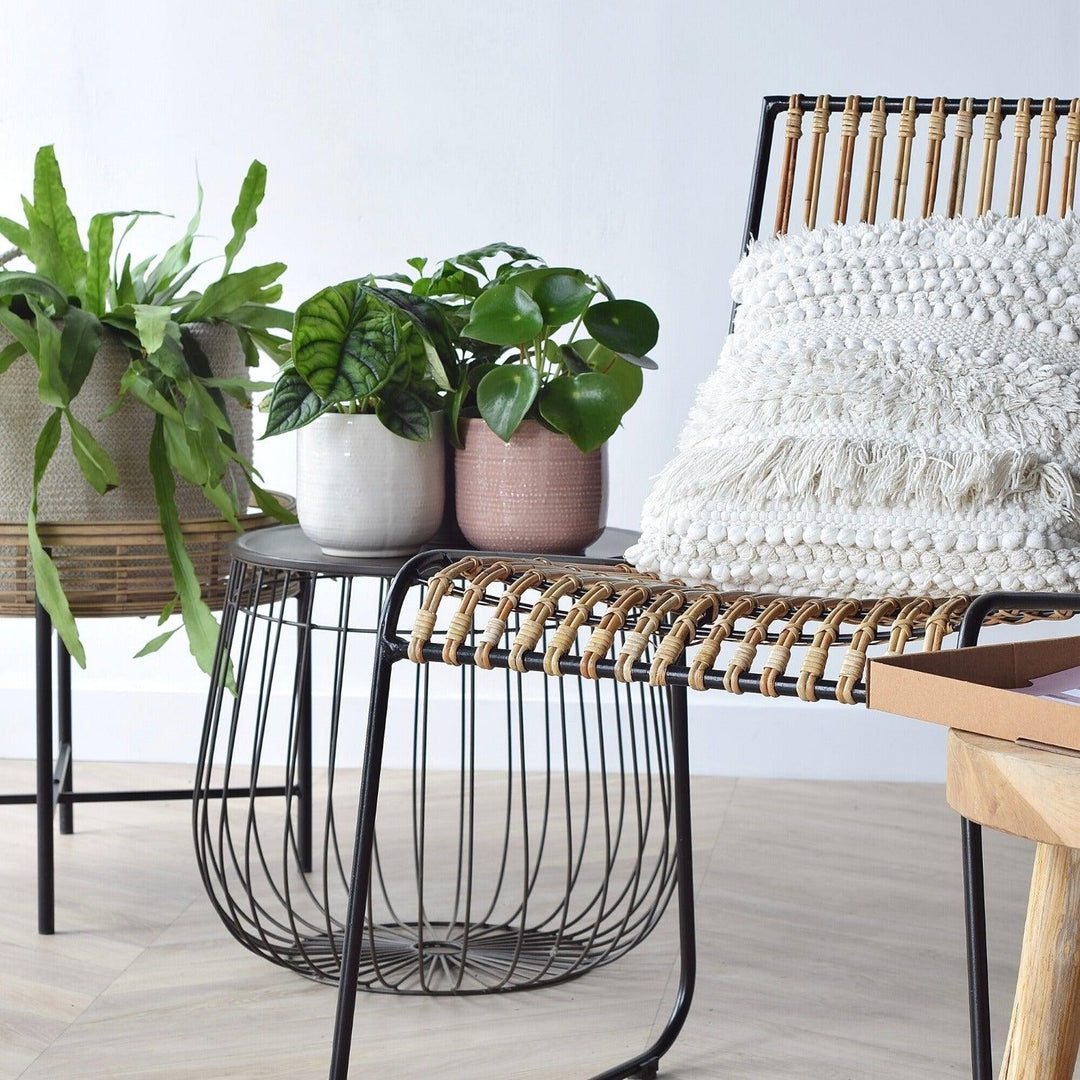
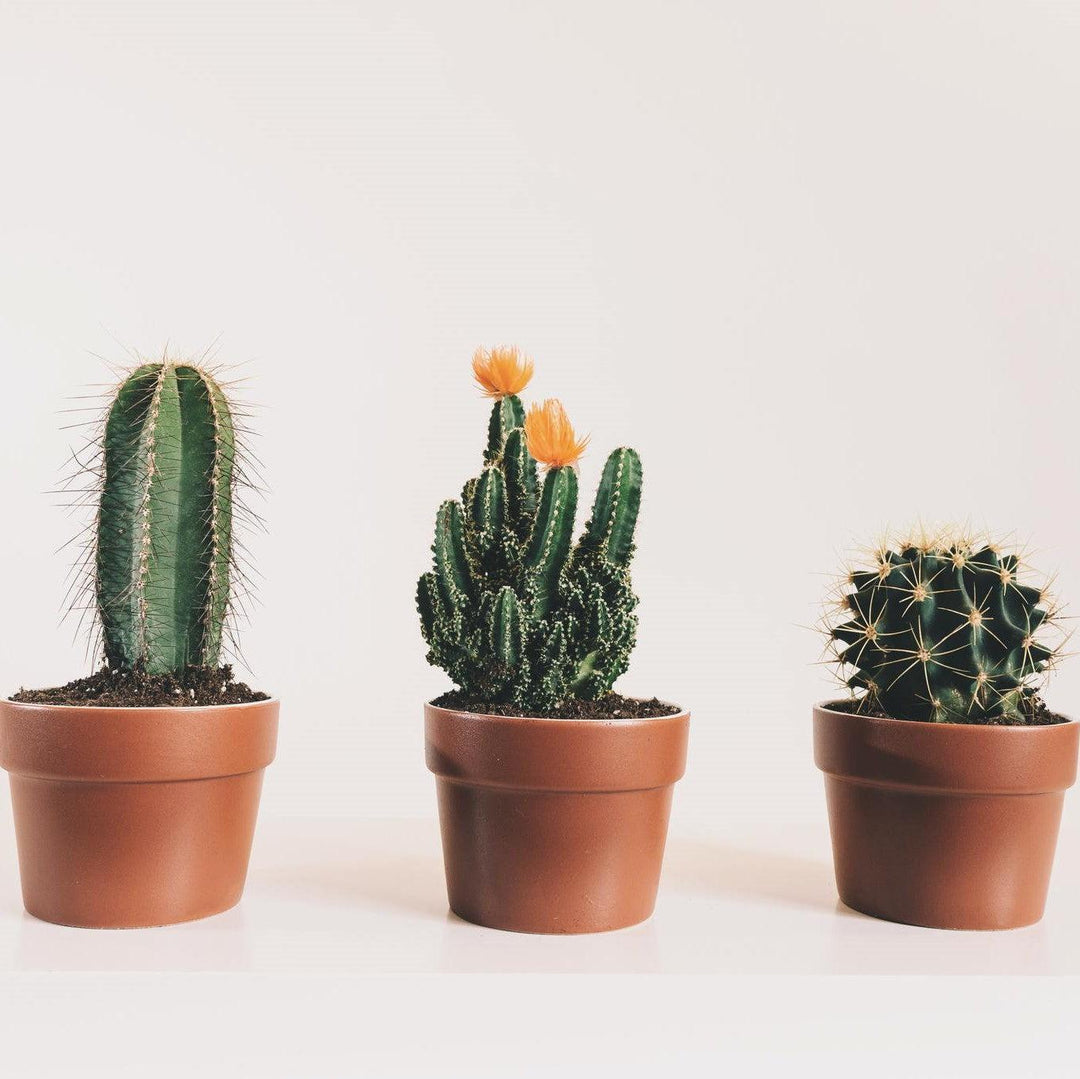
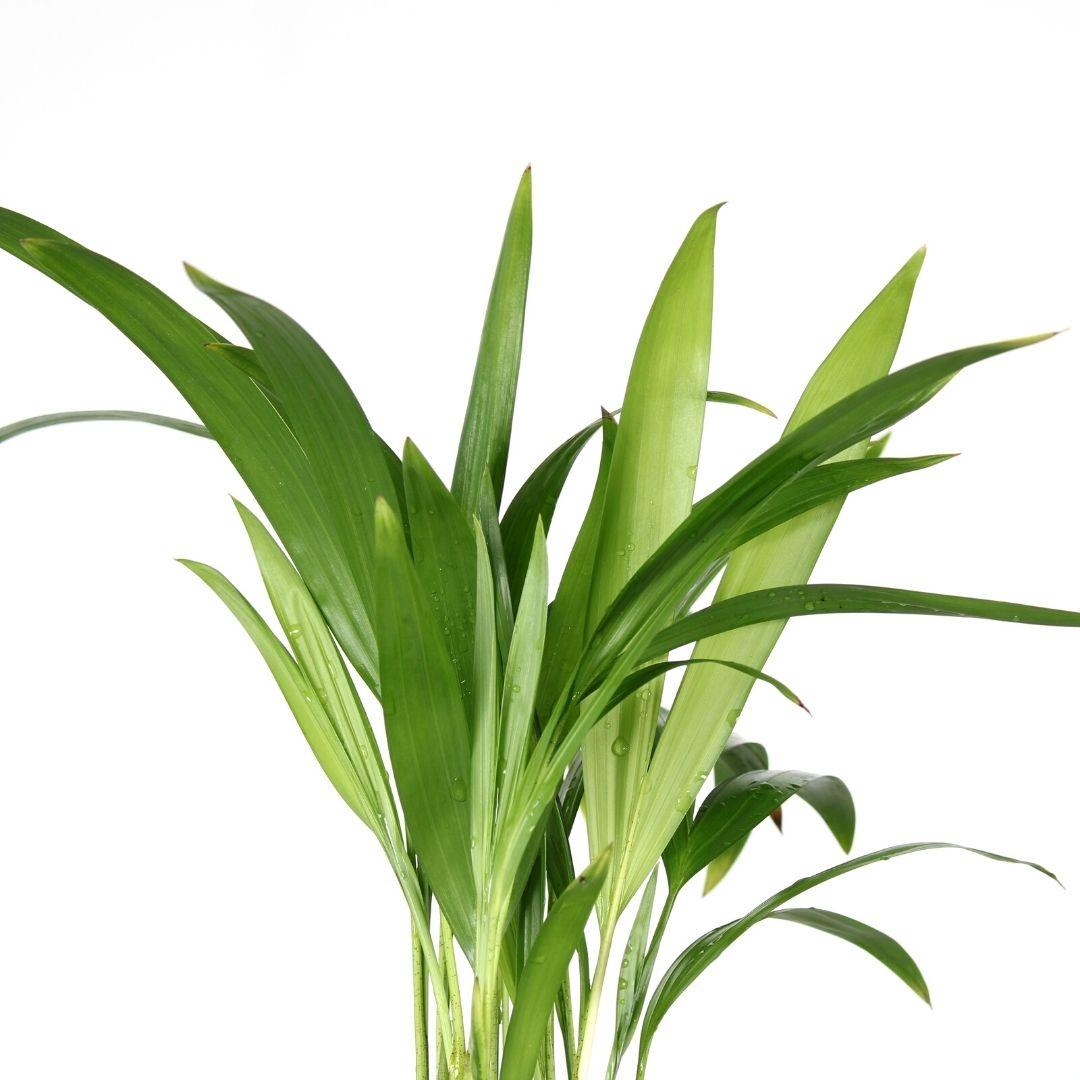
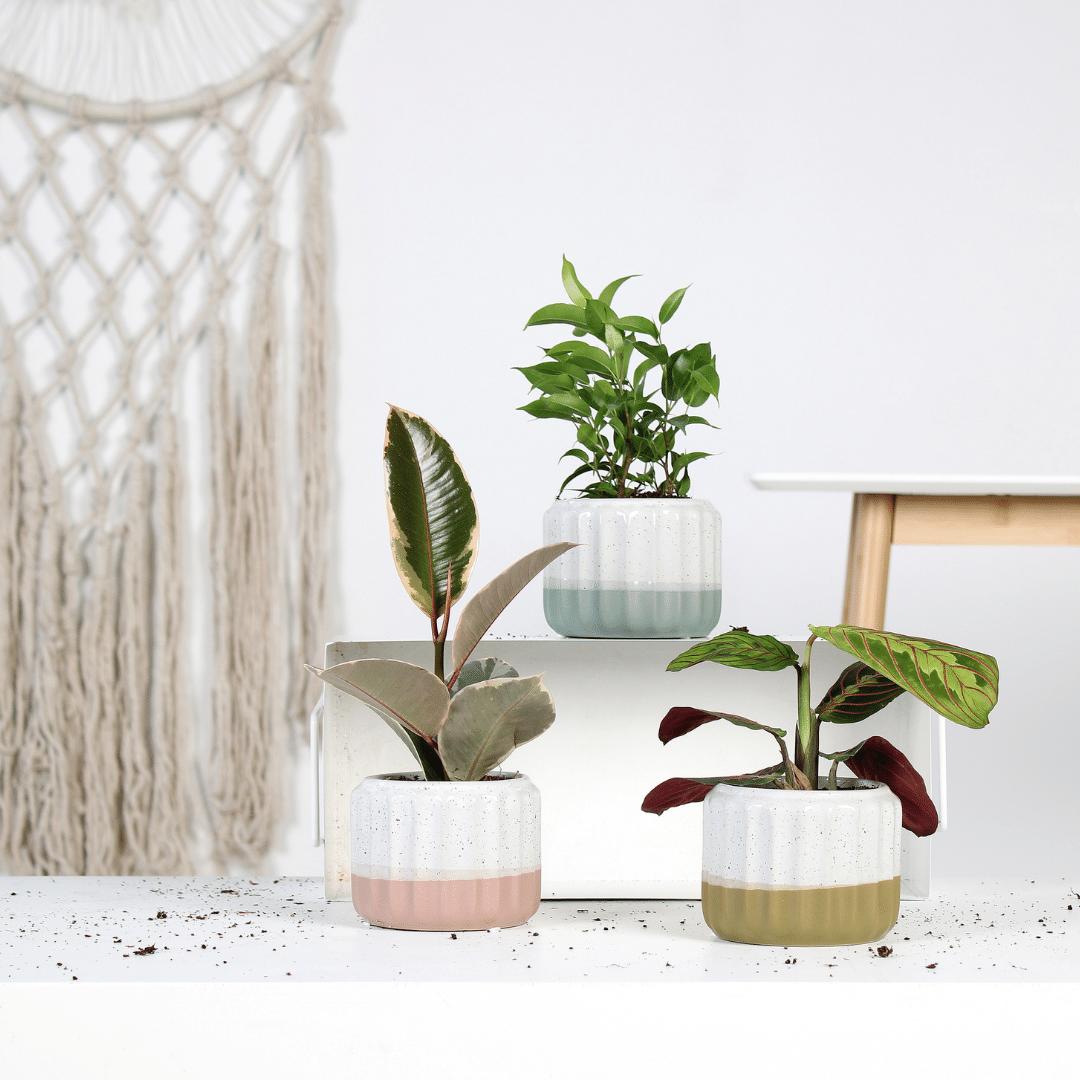
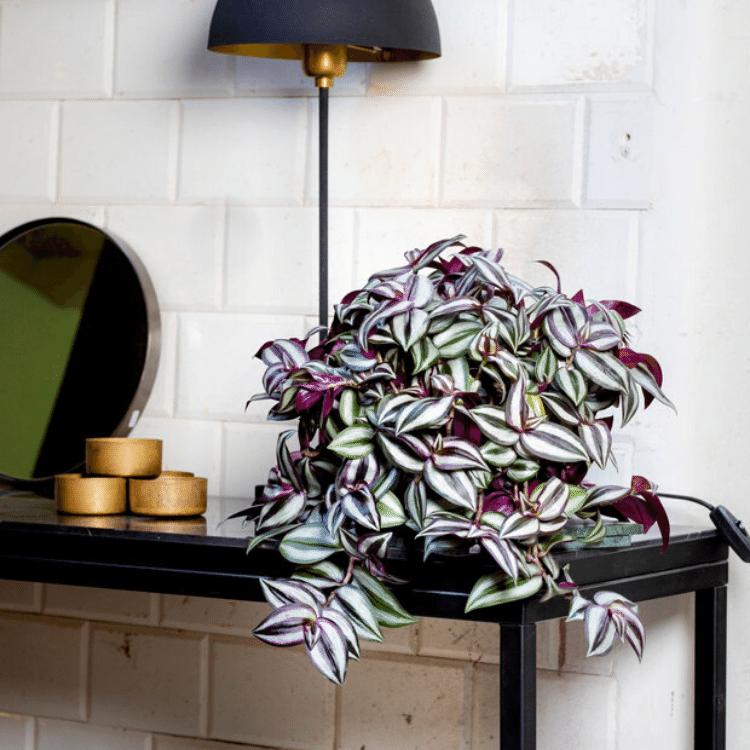
Leave a comment